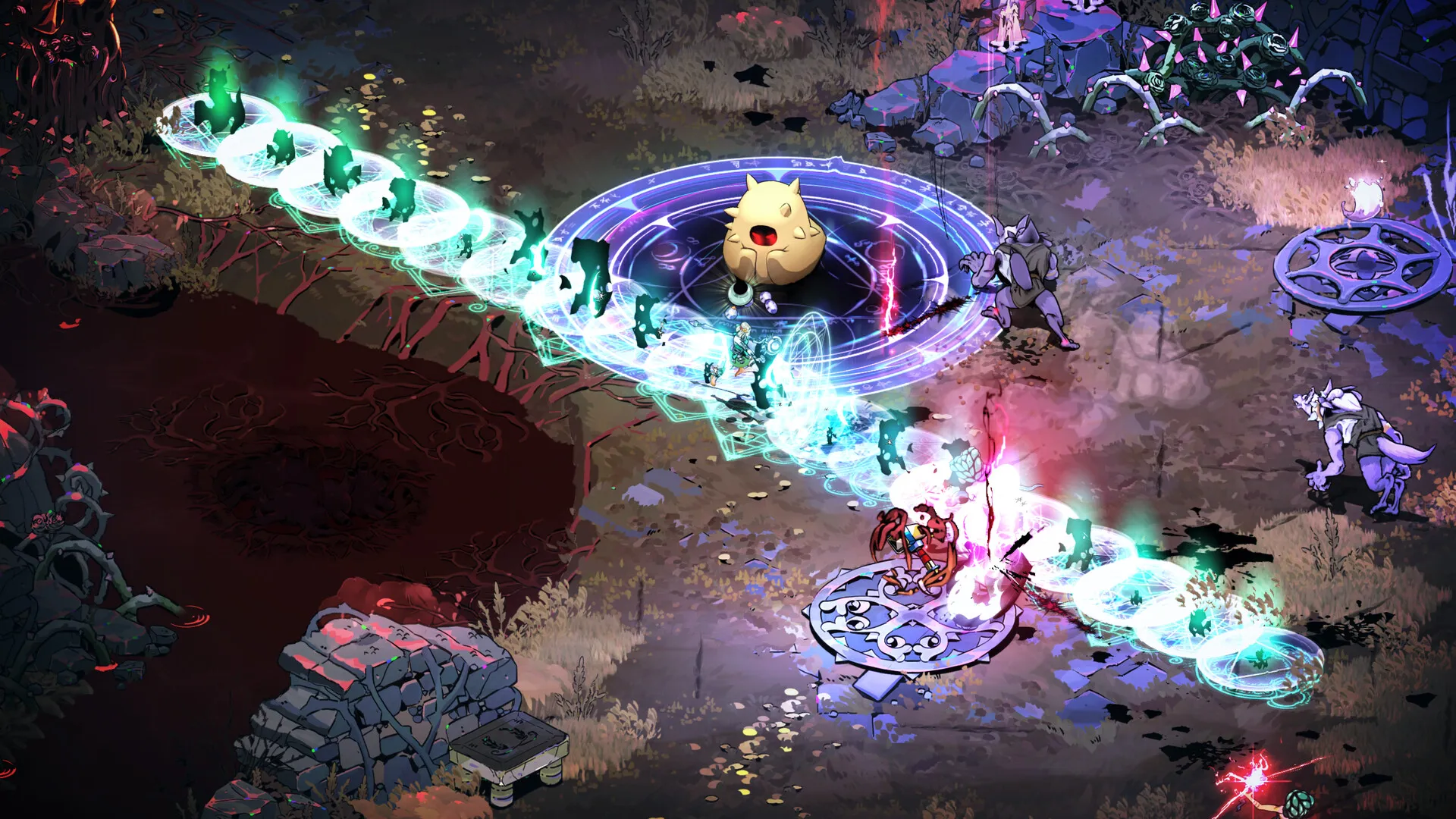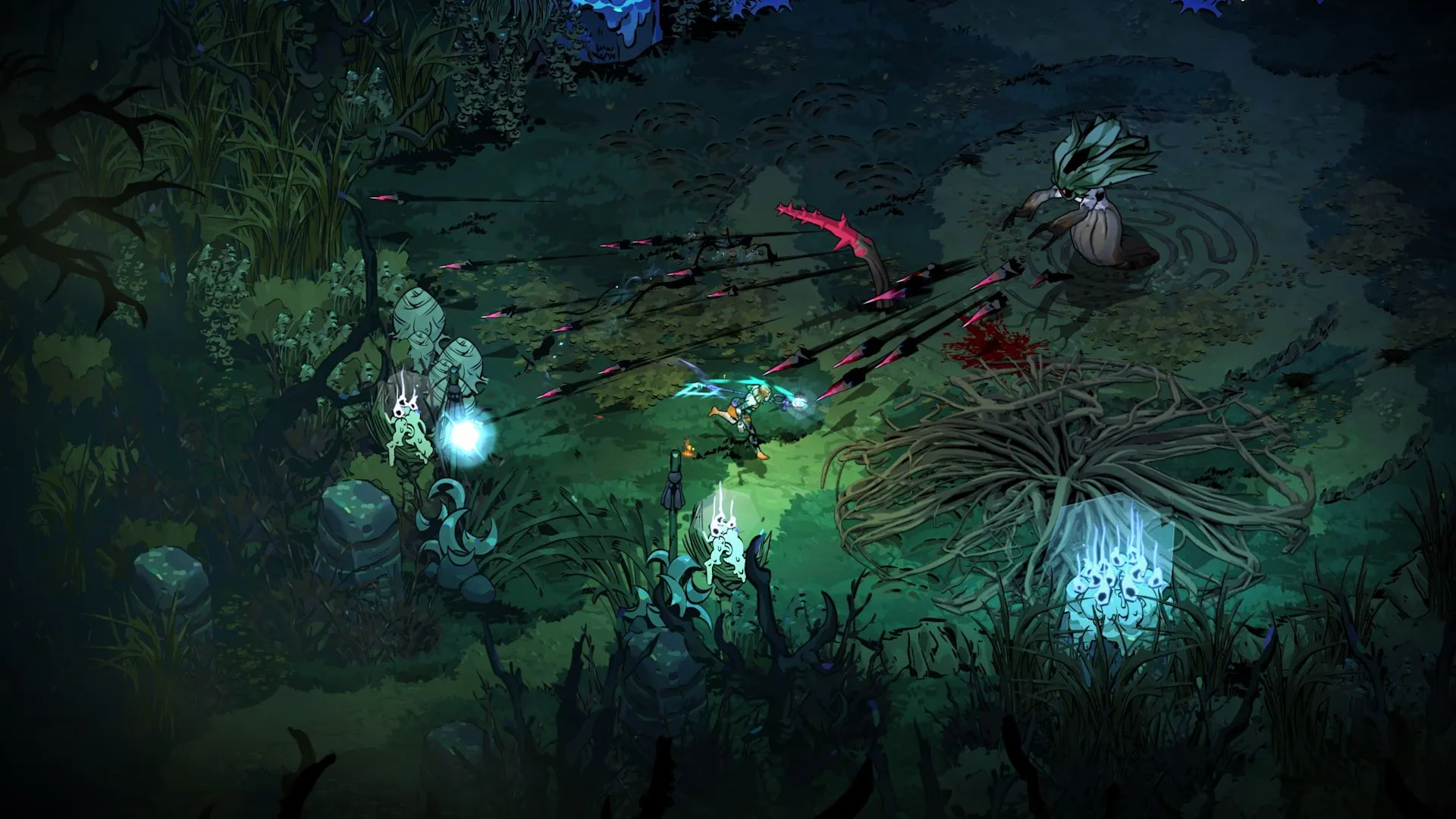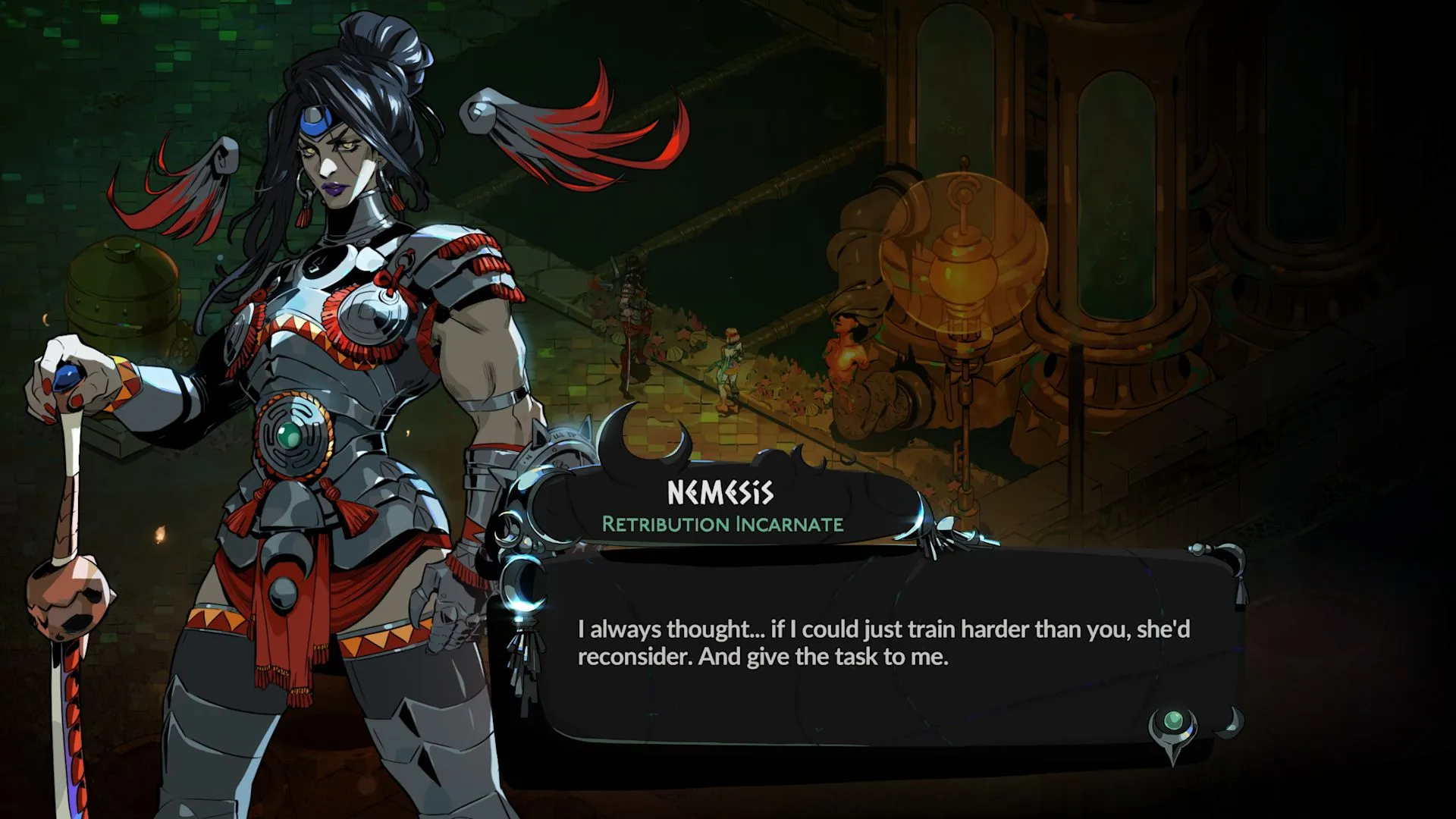Hades, who left early access in 2020, is one of the best and most influential Rogueliki of all time, so maybe there is no major sign of talent in Supergiant Games, that their own observation, Hades II, blows him out of water. The formula is improved in its final form; The fight is more complicated (but equally intuitive), and the story is wonderful and more thrilling. Hades II is the peak of the Roguelike species, which I had previously admitted to this predecessor, but it used its continuation.
For the unknown, the Hades Games are Roguelilikes, in which players have players of the arsenal of improvements (known as benefits) to turn their character into the weapon of God. After each gear, most of which will end in death, the player immediately returns to his home base, where he can talk to his companions to access the recent content of the story and operate the awards from the last attempt even stronger. Like most projects in Hades, it is a plain but brilliant game loop, transforming losses into immediate satisfaction and fueling you to perform the next run as soon as possible.
Hades II takes place an undisclosed number of years after the first game, and now he focuses on Melinoë, the younger sister of Zagreus and the daughter of the title God of the underground world. That God, along with most of the inhabitants of the underground world, whom we met and love in Hades, was imprisoned by Chronos, his wielding Father’s time. Instead of getting out of hell, Melinoë begins every escape from breaking in hell, boiling into Tartarus to thwart his grandfather. The way Hades II reconstruct the known locations and characters reminds me of the relationship between the legend of Zelda: Breath of the Wild and Tears of the Kingdom (a comparison that I do not call lightly), where I am equally excited about trying recent things, as I am to restore aged favorites.

Melinoë is armed with six recent weapons, every completely different than the last one, from a pair of magical wands to a seriously striking Battleaxe. To make the fight even more complicated, each attack also has the form of Omega, released by holding the attack button, which creates stronger, sometimes completely different movements. For example, a normal attack with double blades releases a combination of cuts and stabs, but the Omega version teleports you behind the nearest enemy for one explosion of injuries. It is such a plain and intuitive mechanics that sometimes I forget that it is not present in the original.
The number of recent content in Hades II can be overwhelming, but it has been introduced at such a constant pace that it never feels like that. In my 40th gear, in the recording file in which I already fought with every boss in which the game had to offer, I unlocked the sixth weapon and met God whose benefits I have never seen before. I have even discovered elements that make the game look completely recent. There is a completed number of improvements – after all, it’s just a game – but it encourages you to discover so much that you feel that there is something recent to unlock at every corner and for many, many hours, it’s true.

The reason why Hades II has its hooks, above all, is the way he rewards the player. This consistent introduction of unlocks, including weapons, benefits, arcana cards, friends, companions, fish, seeds, minerals and others, means that even after the launch, one failure is immediately interrupted by the prize stream. It is challenging to leave the Hades II session, which feels frustrated, because it is clearly designed to make you feel the opposite, and I am joyful to see the constant flood of dopamine.
The plot is similarly constructed around failure, and each loss receives a recent dialogue with the surrounding you. This was also the case in the first game, but Hades II is greater in a way that I will not spoil, and the fact that the narrative seems completely fluid and linear, regardless of your actions, is extremely impressive here. And despite the significant extension of the scale of this world of the Greek gods, dialogue and history maintain the approach to the character. You often find out who a person is and what they care about before you even find out about your name or relationship with the main characters, and I prefer it very much. The narrative, although quite plain, ends in a place that I did not expect, but she loved, especially her mythological approach to generational trauma.

These characters also continue the tradition of the beautifully designed series, and every recent God or Titan introduced me to their striking, contemporary designs. In general, the game looks great, which includes my copy of Switch 2, in which I noticed a lack of performance with performance. I also have to mention music; Darren Korb did it again, and I particularly liked the hearing of topics from the first game indifferent. There is also one vigorous, musical battle with the boss, which is particularly impressive, and the undercoat changes change when the appropriate musicians are removed from the battlefield.
Sixteen months of early access carved Hades II in a really unforgettable experience. After about 50 hours and 53 mileage between the first iteration and the final edition, I still want to come back for more. The Melinoë journey presents the expert building of the world Supergiant, design and acute dialogue to the extent that somehow exceeds one of my favorite games. Indeed similar to God.

